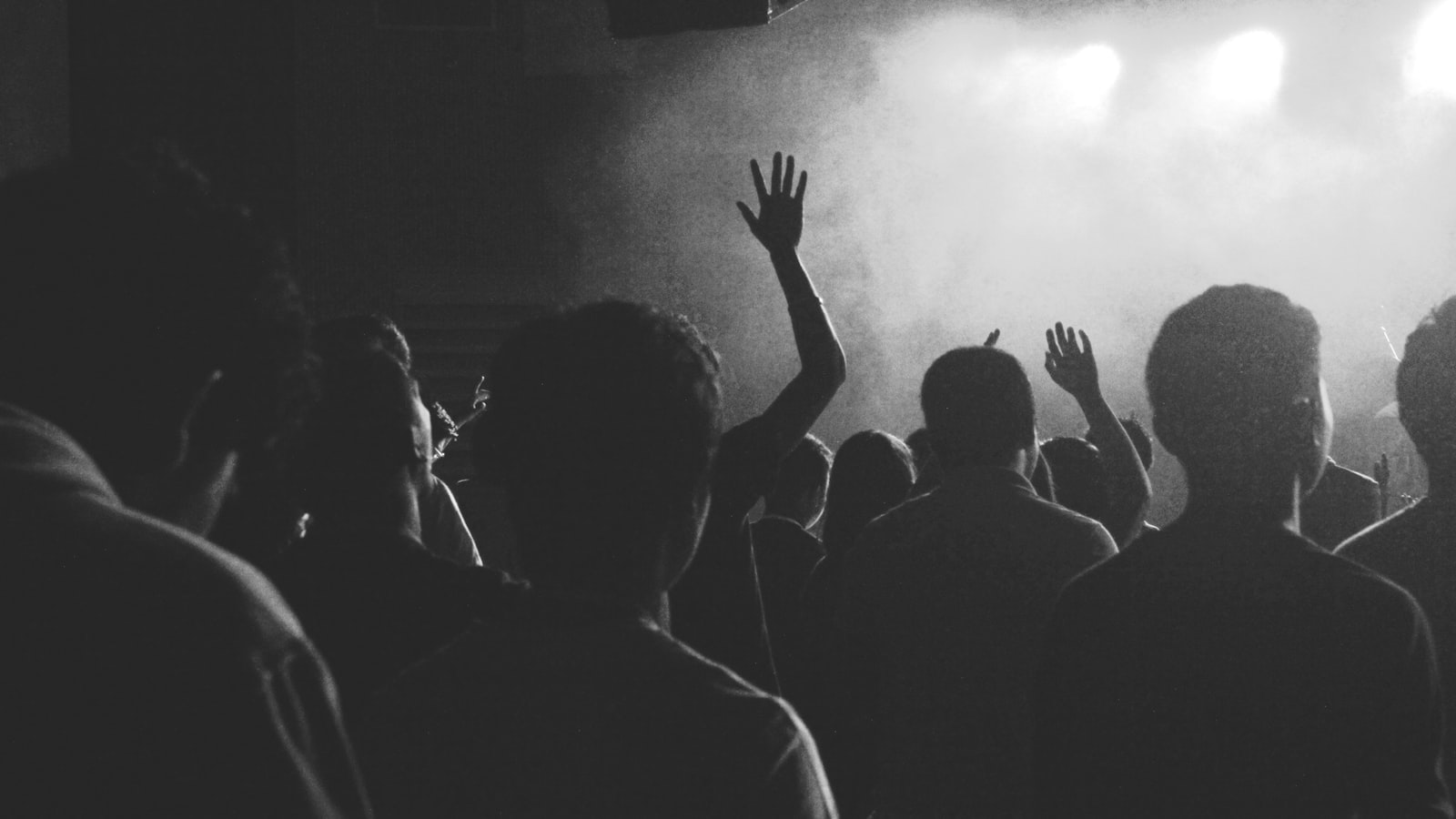Imagine being in ancient times, shadows creeping upon you as the sun itself seems to vanish from the sky. The gods are angry, or so the legends would have you believe. Fast forward to today, and a solar eclipse continues to evoke wonder, piquing human curiosity and igniting cultural narratives around the world. In this eclipse of the ordinary, let's dive into the extraordinary cultural phenomena shaped by the celestial ballet of the moon and the sun.
Since ancient times, eclipses have been interpreted as omens—often of doom. The Vikings saw them as a wolf devouring the sun, while the ancient Chinese thought a dragon was responsible. For the modern onlooker armed with scientific insight, these celestial events provide a mix of thrill and a profound appreciation for the cosmos. But how did we go from fear to fascination?
Myths and Legends: The Storytelling Sky

Eclipses have birthed countless myths. Cultures across the globe have their own tales where the sun and moon play lead roles in the narrative theatrics. These stories were not only attempts to explain the eclipses but also a window into understanding the values, fears, and aspirations of a culture.
🌒 The Sun-Eaters
It's fascinating to observe how various cultures conceptualized eclipses. To the Hindus, the demon Rahu attempted to steal immortality, only to be beheaded by the gods. His head, Rahu, and tail, Ketu, would occasionally catch the sun and moon to snack on, causing eclipses.
🌓 Omens of Change
In the Aztec empire, a solar eclipse was a sign of the wrath of the gods, particularly terrifying for rulers whose prowess was put into question. Preparing for an eclipse involved rituals and sacrifices, attempting to please the deities responsible for the wellbeing of the world.
🌔 Science and Spectacle
With the Renaissance bringing a new era of scientific discovery, eclipses transformed from mystical to empirical phenomena. Scientists like Edmond Halley began to predict eclipses accurately, dispelling fears and inviting public interest in astronomical events.
Eclipses in Popular Culture: The Darkness That Enlightens
Eclipses have found their way into books, movies, and songs, often as metaphors for change, loss, or new beginnings. Stephenie Meyer's "Twilight" series, for example, uses the metaphor of a solar eclipse to signify the complexity of love and choice. But the cultural impact of eclipses isn't confined to their symbolism alone—it's an experience that crosses the threshold of culture to touch humanity's collective sense of wonder.

Communities come together during an eclipse, sharing the experience that momentarily makes us all equal under the cosmic spectacle. In the 21st century, solar eclipses are events where strangers become friends, faces all turned skyward, basking in the fleeting moment of unity.
Calendar Markers: Time to Grab your Eclipse Timers!
Keeping an eye on upcoming solar eclipses doesn't have to be a shot in the dark. With online tools such as eclipse-timer.com, you're never left in the shadows. Get precise times and dates of solar eclipses around the world or in your area, ensuring you don't miss the next astral performance.
Eclipse Festivals: A Global Party
Festivals centered around eclipses highlight how these astronomical events go beyond science and into the realm of collective human experience. Imagine a festival where the headline act is the sun slipping behind a curtain of moon—no rock band could command such a universal audience. From the Oregon Solarfest to Ganga Sagar Mela in India, eclipse festivals celebrate both the celestial and terrestrial, brimming with activities, themed food, and cosmic enthusiasm.

The economy has its own 'eclipse effect' as well, with every major solar event fueling what's now known as 'eclipse tourism.' Hotels book up years in advance, airlines offer special 'eclipse flights,' and entrepreneurs find innovative ways to cash in on the influx of eclipse chasers. This economic boost can be significant for locations within the 'path of totality,' where the moon completely covers the sun.
Economics of the Eclipse: More Than Just Dark Skies
Cities and towns along the eclipse path often see a spike in business, from the sale of protective eyewear to special 'eclipse packages' offered by local hotels and tour operators. The influx of tourists can provide a much-needed economic boost, particularly for remote or rural areas.
Special Edition Souvenirs: Remember the Day the Sky Went Dark
Merchants often roll out eclipse-themed merchandise, adding a tangible element to the intangible experience of an eclipse. From t-shirts to mugs, these collectibles serve as reminders of the day the rules of the sky were momentarily rewritten.

As we wrap our minds around the immensity of what we're witnessing, let's not forget to protect our eyes. Looking at an eclipse without proper eyewear can result in serious damage, so always use certified eclipse glasses. Remember, a real enthusiast respects the sun's power—even when it's on a break.
The Science of Eclipse Glasses: Your Personal Sun Shield
Eclipse glasses are coated with a layer of chromium or silver on their surfaces, which reduces the sun's brightness to safe levels and filters out harmful ultraviolet and infrared rays. Think of them as your personal, cosmic-grade sunglasses.
Fun Fact: Did you know that during a total solar eclipse, the temperature can drop by as much as 20 degrees Fahrenheit? It's like nature's own air conditioning—brief, but blissfully cool.
Before we conclude our cosmic journey, don't forget to mark your calendars for the next solar event and check out eclipse-timer.com to stay clued into the timing. Eclipses may have evolved in our collective psyche from omens of dread to symbols of awe, but their power to draw us together, to make us pause and ponder our place in the universe, remains undiminished.
In awe, we end—much like an eclipse itself—on a note of wonder and a touch of mystery. Whether you're a science buff, a cultural enthusiast, or simply someone in search of nature's grand theater, eclipses offer a universal ticket to an amazing show. Remember to care for your celestial-watching eyes and get ready for the next magnificent dance of the moon and the sun.
Who knows what creative inspirations, mythical retellings, or moments of deep connection might occur under the shadow of the moon? Share your eclipse experiences in the comments below or suggest other cultural events that have the power to captivate the human spirit. See you on the dark side of the moon, where the sun briefly winks at the Earth, reminding us we're all part of a much larger story.



















